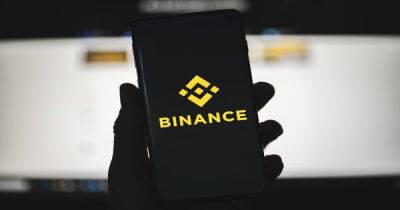Will DCG Insolvency Lead to Another Major Scandal?
Disclaimer: The text below is an advertorial article that is not part of Cryptonews.com editorial content.
The downfall of LUNA and FTX is still hurting the market. Although the total trading volume of crypto slightly rebounded at the beginning of the year, we have also heard bad news.
Gemini co-founder Cameron Winklevoss publicly requested DCG founder Barry Silbert to repay more than $900 million in debt. Moreover, Cameron revealed that DCG is also facing other outstanding debts and interests. Despite Barry’s denial on social media, back in late 2022, we were told that Genesis, a subsidiary of DCG, suspended withdrawals due to the fall of 3AC and FTX.
Some investors might not be familiar with DCG and its subsidiaries. Here’s a brief introduction:
DCG (Digital Currency Group) is a venture capital company investing in Bitcoin and blockchain technology, and both Genesis and Grayscale are DCG subsidiaries.
Most of you are no strangers to Genesis. Acclaimed as the world’s largest crypto lending platform, Genesis launched the first over-the-counter Bitcoin trading desk in the United States. In 2018, the company became the fifth company to obtain a Bit License from the Department of Financial Services (DFS), and its business scope covers transactions, lending, and custody.
Most senior investors are familiar with Grayscale, a professional crypto trust company mainly offering GBTC securities. As a product less riskier than cryptocurrency, GBTC is favored by many traditional institutional investors, making it a key channel for traditional investors to invest in crypto. This is why Grayscale was once regarded as a barometer for crypto bulls.
Let’s go back to GBTC for a moment. Backed by the BTC holding of Grayscale, GBTC (Grayscale
Read more on cryptonews.com













